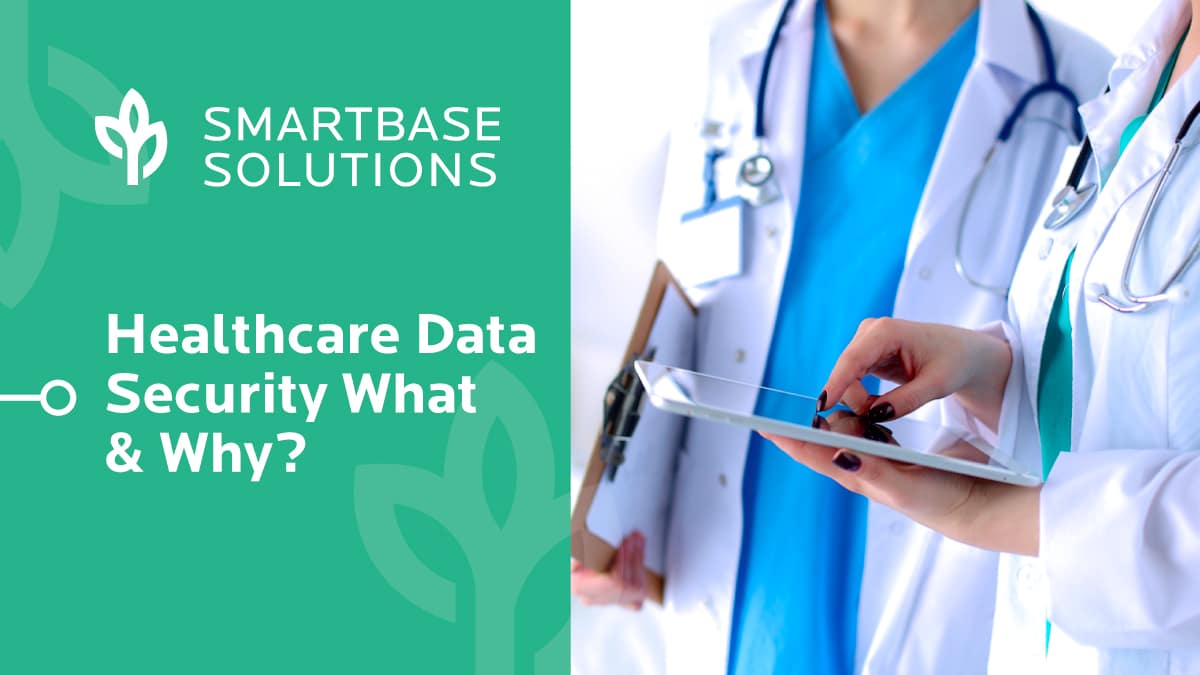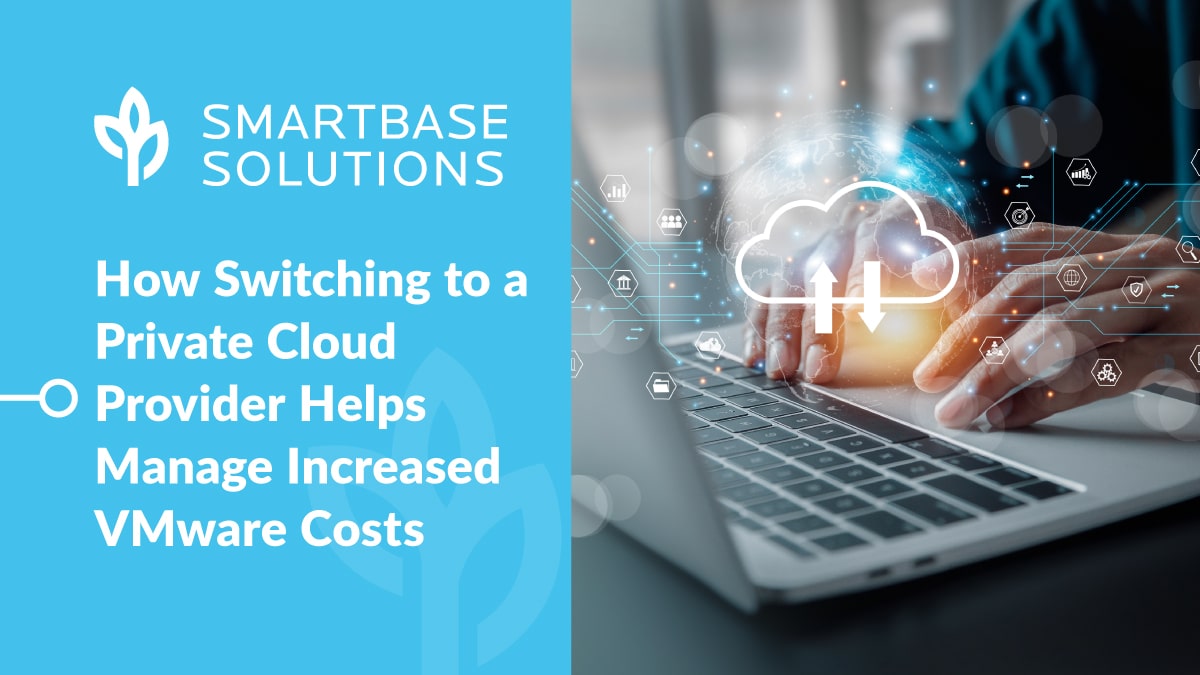Recent advancements in healthcare technologies have significantly enhanced the patient experience. Portals have revolutionized accessibility to medical information, allowing individuals to access their records and communicate with healthcare providers anytime, anywhere. Replacing hand-written charts with electronic ones on mobile devices has streamlined healthcare workflows. And electronic files offer more healthcare data security than papers in a filing cabinet.
Unfortunately, electronic healthcare data puts patient privacy at risk of virtual attacks and information leaks. Under-resourced organizations without adequate financial support may find it particularly difficult to recover from fines and lawsuits that may arise after a data leak.
In this article, we discuss why healthcare data security is so important and how investing in comprehensive IT solutions is one of the best ways to protect patient information.
What is Healthcare Data Security?
Healthcare data security refers to protective measures that safeguard sensitive medical information from unauthorized access or misuse. Some protective strategies include encryption, access management, routine audits, and educating staff about risks and best practices.
How is Healthcare Information Protected?
- HIPAA – A federal law establishing standards for how covered individuals and entities may use, disclose, and safeguard protected health information (PHI).
- HIPAA Privacy Rule – Grants patients rights over their health records and specifically protects PHI that a covered entity or individual shares electronically, orally, or in written form.
- HIPAA Security Rule – Outlines how covered entities and business associates may implement administrative, physical, and technical measures to ensure confidentiality, integrity, and availability of electronic protected health information (ePHI).
What Information Does Healthcare Data Security Protect?
Healthcare data security measures protect all “individually identifiable” medical information covered by HIPAA – any information found in handwritten medical charts, electronic records, clinical research files, and billing documents.
Individually identifiable health information includes a patient’s:
- Name, address, and zip code
- Date of relevant healthcare interaction
- Birthdate
- Contact information (telephone number, fax number, email address)
- Social security number
- Medical record or patient account number
- Health insurance benefits number
- Identifiable device information (including serial numbers)
- Biometric identifiers (fingerprints, verbal recordings)
- Personally identifiable photographs
- Web addresses
The above list is not exhaustive; other information may be used to identify an individual.
HIPAA protects
Why is Healthcare Data Security Important?
In addition to adhering to laws and regulations, healthcare data security improves the medical industry in many ways.
Quality of Care
Knowing that the details of their visit are confidential might encourage patients to share valuable, albeit extremely personal, details with their providers – this type of honest and open communication is key to getting individuals the care they need.
Provider Efficiency
Secure electronic patient data helps healthcare professionals make faster and more accurate decisions. With just a few clicks, providers can view an individual’s complete medical history, test results, medications, and more. Digital records eliminate time-consuming manual searches through paper records and minimize the chances of misplacing files.
Equitable Healthcare
Protecting personal health data helps prevent discrimination based on health status, medical conditions (including mental illnesses), health insurance claims, medical history, genetic information, receiving health care, or disability.
Patient Convenience
A person who feels confident in the security of their healthcare information may be more willing to use their mobile device to make appointments and fill out pre-visit paperwork, request medication refills, pay bills, message their doctor, or view test results. Having everything at their fingertips could help people stay on top of their medical care and health maintenance.
Protect Healthcare Data with Managed IT Solutions
Managed IT solutions uphold healthcare data security for medical organizations that may need more resources to protect themselves. Many service providers offer comprehensive support, including proactive threat detection, advanced security measures, HIPAA compliance, cybersecurity training, and quick response to security incidents.
Outsourcing IT to a reliable partner can enhance data security, allowing your organization to focus on its most important duty: delivering high-quality patient care.
SmartBase Solutions
SmartBase Solutions provides comprehensive data security measures to healthcare practices. With our help, your organization can confidently offload the burden of IT management. Contact us to enhance your IT infrastructure’s performance, security, and reliability.




